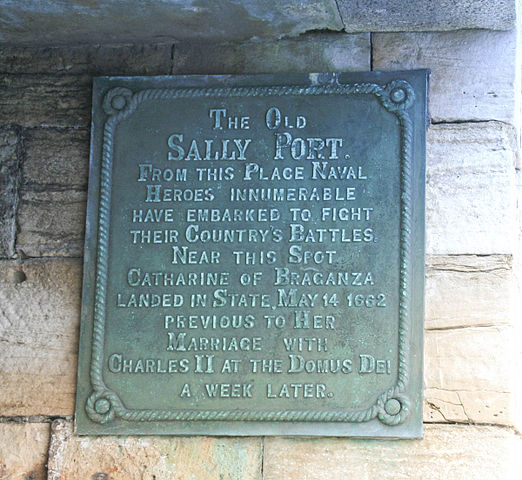
Story Highlights
- Historical event
- 23 June 1661
- Marriage contract obtained the colony of Bombay in India and a number of other advantages for the British. In return, Princess Catherine received the right to retain her Catholic faith after moving to London. Catherine was raised in Portugal, mostly in a convent, and she continued to live as a devout Catholic even as a Queen.
On this day, in 1661, the marriage contract on behalf of the British King Charles II and the Portuguese princess Catherine of Braganza was signed.
With this contract Britain received the colony of Bombay in India, which would later become one of the main centers of the British colonial empire, as a kind of dowry from the Kingdom of Portugal.
In addition, Great Britain got the port Tangier in North Africa (at the entrance to the Strait of Gibraltar) and trading privileges in Brazil and Asia.
Indeed, the British also received a large amount of money and trading and religious freedom in Portugal (Great Britain was predominantly Protestant and Portugal mostly Catholic country).
In return, the Portuguese obtained military and naval support against Spain from the British and Princess Catherine received the right to retain her Catholic faith after moving to London.
Catherine was raised in Portugal, mostly in a convent, and she kept her devout Catholic religious character as a Queen.
Although it provoked opposition in the predominantly Protestant Britain, Catherine practiced Catholic rites in her court as queen (her husband, King Charles II still remained a Protestant).
There is a theory that it was precisely queen Catherine who inspired the custom of drinking tea in England.
Namely, this custom was supposedly widespread in her native Portugal even before it was in England, where it was popularized during the second half of the 17th century. Catherine lived until the 18th century and died in 1705 at the age of 67.




